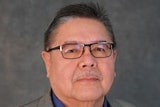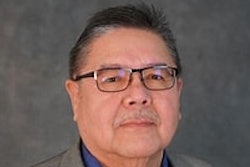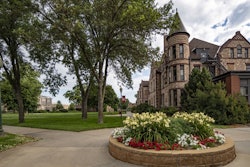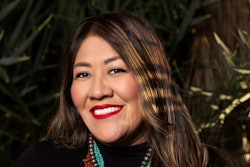Critics Blast Cherokee Nation For Ousting Freedmen From Tribal Rolls
Congressional Black Caucus asks U.S. Dept. of the Interior to investigate “validity.”
By Mark Anthony Rolo
In a highly controversial move, the Cherokee Nation of Oklahoma recently voted to remove 2,700 Blacks known as Freedmen from their tribal rolls, sparking an immediate outcry and possibly setting
the stage for a showdown with the federal government.
Last month, Cherokee members voted to invalidate the tribal membership of the Freedmen, descendants of African slaves who stayed with the tribe and adopted its language and culture. The Freedmen were granted tribal citizenship in an 1866 treaty between the federal government and the Cherokee Nation.
But a successful petition drive has amended the Cherokee constitution to require that citizenship be defined purely by blood. The decision has drawn concern and criticism, with many saying the amendment was not based on a thorough understanding of the tribe’s political and legal history. Instead, they say it was motivated by racism and a perception that Freedmen simply want access to membership benefits such as health care.
“It’s like the O.J. Simpson trial. Once the debate became about race nobody got a fair hearing,” says Dr. Daniel F. Littlefield Jr., director of the Sequoyah Research Center at the University of Arkansas-Little Rock. “This decision should have been based on the 1866 Treaty in which the Freedmen were granted citizenship, not race.”
Littlefield, who has done extensive research on the history of the Freedmen, says the Cherokee are dismissing an important tribal value — inclusion. As one of the few tribes that have adopted other American Indians into their ranks, Cherokees have long been defined by both blood and culture, Littlefield says. But the tribe has allowed White attitudes of racism into their “rethinking” about who is a Cherokee.
But Dr. Garrick A. Bailey, an anthropologist at the University of Tulsa who is Choctaw and Cherokee, says racism is not at the heart of the controversy.
“I believe it’s about pride on both sides. The Freedmen are very proud of their Cherokee heritage and so are the other members,” he says. “It’s important to point out that there were a lot of traditional Cherokee who supported the Freedmen.”
Carole E. Goldberg, a law professor at the University of California, Los Angeles who specializes in the study of tribal sovereignty and federal-Indian policy, says while amendments can be good for tribal nations, they should be cautious about relying on referendums to determine critical issues, such as defining tribal identity.
Ballot initiatives “open up the possibility of law being made on the basis of misinformation, public relations campaigns and heavy financial investments by narrow interests,” she says.
Littlefield says the results of the Cherokee referendum could end up costing the tribes federal funding. In 2000, the Seminoles re-admitted the Freedmen when the federal government cut off funding.
The same could happen again if the U.S. government determines the tribe violated the 1866 Treaty.
Members of the Congressional Black Caucus have asked the U.S. Interior Department’s Bureau of Indian Affairs to investigate the “validity, legality, as well as the morality” of the Cherokee referendum.
–Mark Anthony Rolo
There are currently 0 comments on this story.
Click here to post a comment.
© Copyright 2005 by DiverseEducation.com















